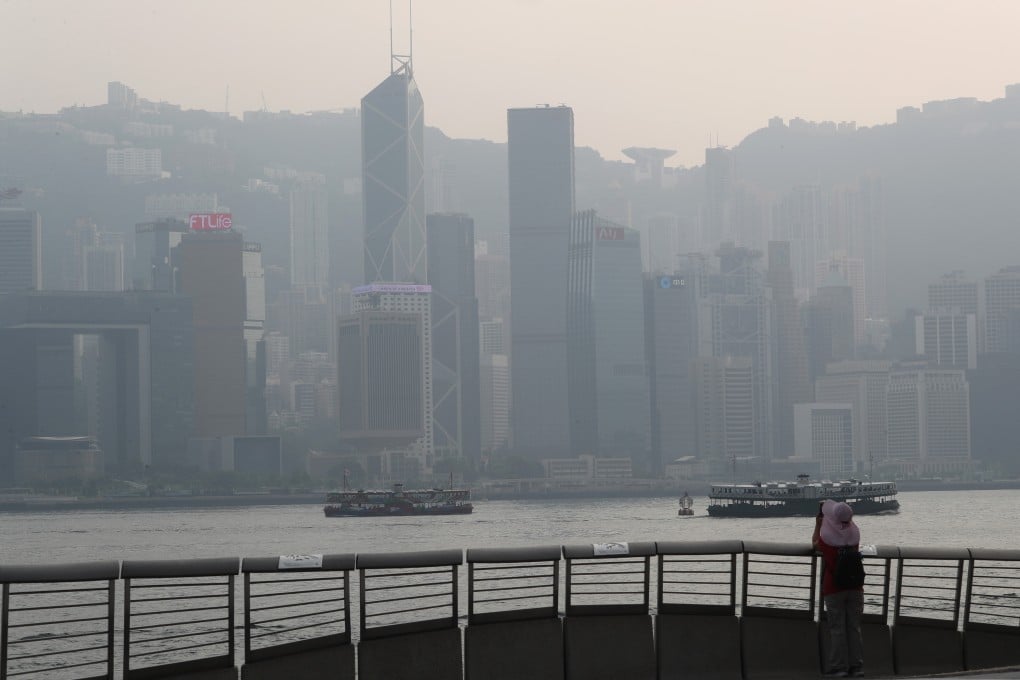Letters | How private sector can help Hong Kong hit net zero carbon emissions by 2050
- The push for net zero emissions in the city is driving businesses to create more ambitious targets for reducing their carbon footprint
- Firms leading the charge can inspire stragglers by sharing technical expertise, collaborating with them and pressuring peers to catch up

Net zero represents a movement that drives businesses to create more ambitious new targets. Already, leading companies from eight industries in Hong Kong have committed to carbon-reduction targets as part of the voluntary Science Based Target Initiative. If established and planned well, credible voluntary corporate targets can contribute to the achievement of Hong Kong’s 2050 net zero goal.
Nonetheless, well-intended efforts in the business sector should be praised. This can help firms plan their net zero approaches as well as allow them to exert influence beyond their direct operations on other actors to incentivise economy-wide action to advance Hong Kong’s net zero goals. Pace-setters are expected to lead stragglers by sharing technical expertise and collaborating with them, thereby incentivising or even pressuring their peers to race to zero.

04:56
Hong Kong could slash carbon emissions 70% with more ambitious goals, says former observatory head
Leading businesses can also share insights and experience to inform policies and regulations. For example, they can nudge governments to relax bureaucratic barriers on innovation to enable wider adoption of carbon-reduction technologies.